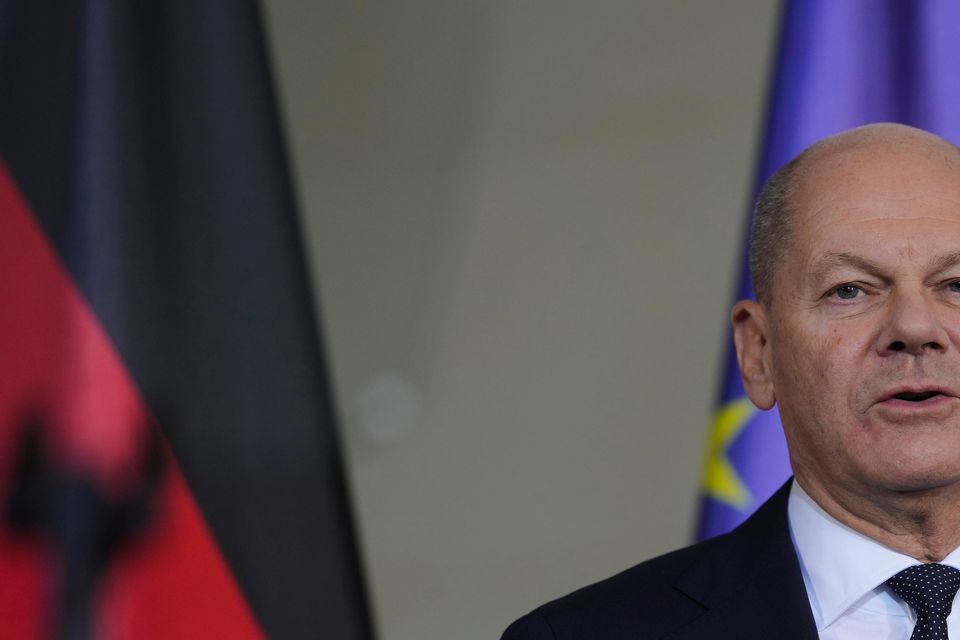German Chancellor Olaf Scholz is expected to ask for a vote of confidence in his government on December 16, paving the way for a new parliamentary election as early as February, German media reported on Tuesday.
The expected vote in the Bundestag would come well ahead of original plans, marking a step to reach a compromise between Mr Scholz’s party, the Social Democrats, and the main opposition party in parliament, the centre-right Christian conservatives.
The move comes after the collapse of Mr Scholz’s three-party coalition last week, at a time when the leaders of Europe’s biggest economy have been grappling with ways to revive Germany’s anaemic economic growth.
Experts predict the economy will shrink or at best stagnate this year, due to external shocks and homegrown problems including red tape and a shortage of skilled labour.
Mr Scholz had previously announced that he would seek a vote of confidence on January 15 which could lead to an election as soon as March. The vote had otherwise been due next September.
German Chancellor Olaf Scholz said it is ‘no problem’ for him to call for a confidence vote before Christmas (Markus Schreiber/AP)
On Tuesday, the Chancellor told public broadcaster ARD it is “no problem” for him to call for the confidence vote before Christmas, and that he will respect any agreement by his fellow Social Democrats and the Christian Democrats.
A final decision on the exact date for the election – possibly February 16 or February 23 – would rest with German President Frank-Walter Steinmeier.
Mr Scholz announced that he would lead Germany with a minority government after his move last week to fire Finance Minister Christian Lindner, of the pro-business Free Democrats, ending the party’s role in the coalition.
Left with the environmentalist Greens in his coalition, Mr Scholz expressed hopes of winning support from the Christian Democrats, led by Friedrich Merz, to pass important legislation and plug the billion-euro hole in the 2025 budget.
Mr Merz vehemently rejected Mr Scholz’s initial plan to wait until January to hold the confidence vote.
If the government does not win the vote of confidence, which seems increasingly likely, President Steinmeier can dissolve the Bundestag within 21 days and call a new election.
